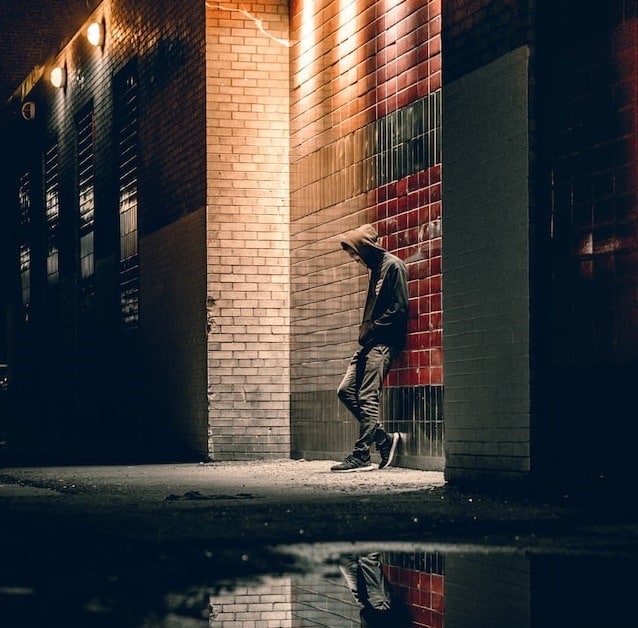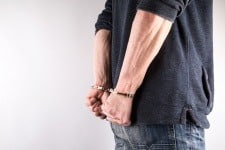Can The State Prove A Criminal Case Without Any Evidence?

The US Constitution requires that in order to be convicted of a crime, one’s guilt must be proven beyond a reasonable doubt. Obviously, it goes without saying that the prosecution in Maryland criminal case cannot obtain a conviction without offering sufficient evidence to meet that standard. Attorney Eric T. Kirk says if for some reason the State obtains a conviction without that level of proof, such a conviction would be subject to reversal on appeal. I am frequently asked this question, in the guise of a more generalized observation that:
“The State doesn’t have any evidence against me- therefore they can’t convict me.”
The driving force here, I would suggest, is a lack of a full appreciation of what constitutes evidence under Maryland law. There are, in my experience, three fairly common scenarios wherein the public perception, as opposed to the requirements of the Maryland rules of evidence, and the US Constitution, differ.
There is no video.
In the age of 5G cell phones, ubiquitous surveillance video and police body cameras, there is almost an expectation that some aspect of a crime, or of an alleged crime, would be caught on film. Increasingly that perception or expectation matches with reality- and that trend may well continue. But make no mistake – there is certainly no requirement that there be some type of photographic or videographic evidence of the commission of a crime. People were convicted for hundreds of years of this country without the benefit of video -and will continue to be so.
There is no physical or forensic evidence that a crime was committed, or that the Defendant committed it.
Physical evidence is always important in a case and certainly persuasive to jurors and judges. The State, of course, endeavors to obtain as much corroborating physical evidence as possible to round out and strengthen its case. But it is not necessarily required in every case. The requirement is that proof offered rises to the level of the legal standard of beyond a reasonable doubt. Moreover, there is no general requirement that the State obtain forensic evidence that the accused individual wishes to have obtained [often because they believe it would be exculpatory]. For example the State may offer fingerprint evidence. The State may offer a BAC analysis in a DUI case. They are not required to obtain that evidence in order to obtain a conviction, so long as what they do present meets the legal standard. Obviously, if the evidence exists, they must disclose it.
It is a “he said/she said situation”.
The testimony of a single individual that witnessed another individual committing a crime is sufficient evidence to sustain a conviction.

It is the role of every juror, or a judge in a bench trial, to decide which witnesses to believe, and which witnesses they do not believe. Not surprisingly, there are often different versions of how and when events occur. Merely because a defendant has a different version of events from a witness or a complaining victim, and testifies to that different version, does not mean the State is precluded from obtaining a conviction. The finder of fact will choose to believe a defense version of events, or they may not. Testimony is evidence. For example in a assault case it may be that the only evidence that the prosecution offers is the victim’s testimony that the defendant punched the victim in the face. There may be no other corroborating evidence, no witnesses, no visible signs of the punch, no injuries or medical treatment, and no confessions. Nevertheless, if that testimony is believed, this alone is sufficient to sustain a conviction. Certainly the State is such instances is always going to seek out, and offer- if available- additional ancillary, corroborating evidence. It however, it is not required to obtain such evidence.



